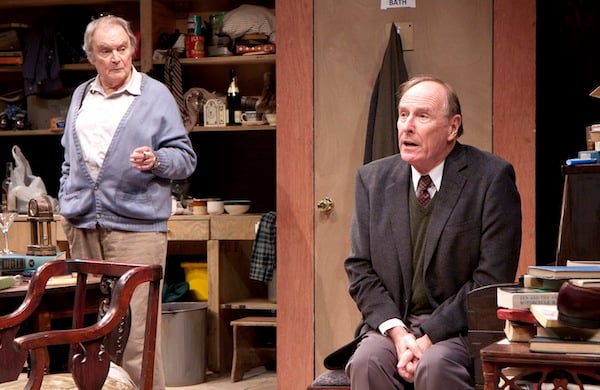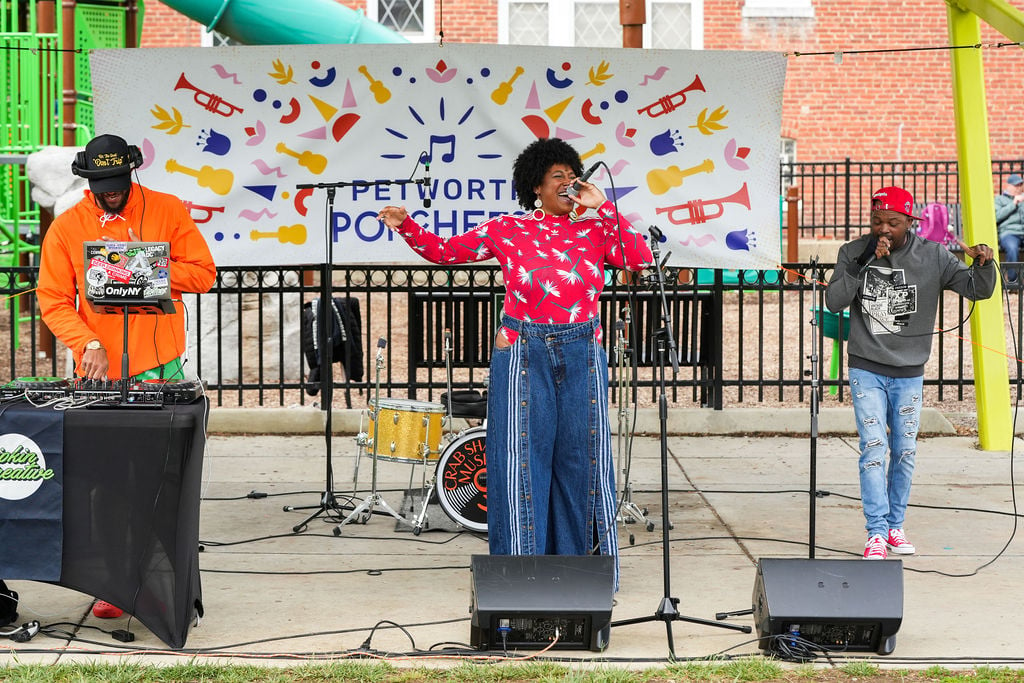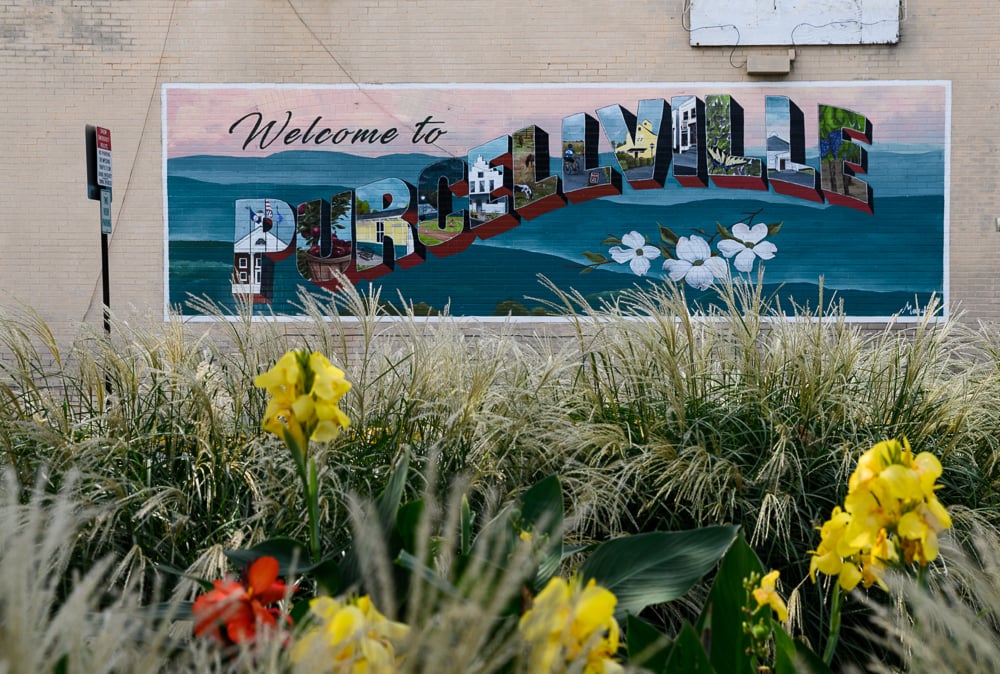Ted van Griethuysen and Paxton Whitehead in The Habit of Art. Photograph by Scott Suchman
☆☆☆ 1/2 stars out of four
Few living people, one imagines, are as familiar with the uncontrollable impulse of art, the chronic self-doubt that plagues artists, and the peculiar intricacies of theater as Alan Bennett. The British playwright and author, now 77, explores all three in riotously funny detail in The Habit of Art, his newest play, currently making its US debut at Studio Theatre. Consider the following, said by one character (an imagined W.H. Auden) to a BBC reporter who asks him if he’s working. “Am I dead? I work, I have the habit of art.” And later, in the same scene: “I need to work, or who am I?”
Unlike The History Boys, Bennett’s similarly self-revealing 2004 play set in a boy’s boarding school, The Habit of Art never made it to New York, possibly because its esoteric Englishness and complicated structure—involving a play-within-a-play—frightened producers. That’s a pity for New York but a boon for us, because the play is an extraordinarily funny, deeply revealing look at the creation of theater from start (the workings of a writer’s mind) to finish (the petty squabbles and ruffled egos of a show-in-progress).
Set in a present-day rehearsal hall in London’s National Theatre (where many of Bennett’s works, including The Habit of Art, have premiered), the play opens as a set of actors are rehearsing a new show, titled Caliban’s Day, and based on an imagined meeting between poet W. H. Auden and composer Benjamin Britten in 1972, a year before Auden’s death. Elder statesman Fitz (Ted van Griethysen) plays Auden; actor Henry (Paxton Whitehead) plays Britten, while the demanding, diva-esque Donald (Cameron Folmar) plays Humphrey Carpenter, the reporter who comes to interview Auden but is perturbed to be mistaken for a male prostitute when Auden announces his intention to perform a sex act on him. “But I’m from the BBC!” Carpenter exclaims. “That can’t be helped,” Auden gravely replies.
Shepherding the group of actors is Kay (Margaret Daly), the stage manager, a miracle of indulgence and calm, except when circumstance requires for her to nanny an obstreperous performer into line. Miraculously, the play-within-a-play structure works smoothly. Both Bennett and director David Muse’s attention to detail brings the rehearsal to life, with a wealth of possibly obscure references to “Alec” (Guinness), and “the Lyttelton” (one of the National Theatre’s three stages); as well as the Wotsits (English chips, similar to Cheetos) one character eats during a break and the “NT” logos spray painted onto the backs of chairs.
Bennett’s sense of humor, as wistful and self-effacing as it is blindingly sharp, is unfailing. “Newcastle?” one character asks, referring to the Northern English city. “It’s all vomit and love bites.” As the rehearsal goes on, despite the constant interruptions (Fitz falling asleep, the petulant Donald complaining that his character is a mere “device,” the playwright, Neil, played by Wynn Harmon, dropping in unannounced), the story of Auden’s current squalid existence in an Oxford University college makes for compelling viewing, particularly when he comes face-to-face with his former beloved friend. Britten’s character, although confident in his work, still suffers from feeling of inadequacy when talking to the conversationally brash but professionally insecure Auden, and yet the history between the pair feels tangible. “Music is a mystery, of course,” Auden tells his friend. “Words are not.”
As much as the play explores art, it also looks intimately at sexuality, a subject Bennett appears to be growing more comfortable dealing with. Both Auden and Britten are revealed to be gay, although Britten, like Bennett, is far less comfortable with what that actually means. And one of the play’s most poignant moments seems to touch on both subjects, when the “rent boy” (Randy Harrison) Auden has taken an interest in expresses his longing to understand what the other two men are talking about, instead of being excluded from art. “There’s always someone left,” he says. “You all have a map. I don’t.”
In its vaguely unfamiliar language of theatrical slang and comically absurd profanities, and with its madly cluttered, unfinished skeleton set, The Habit of Art might be in danger of making audiences feel similarly on the sidelines. But the actors are so strong, and the emotions so universal, that it’s instead a thoughtful, sensitive, and very funny production, and a rare revealing look at the bizarre machinations of the creative process.
The Habit of Art is at Studio Theatre through October 30 16; tickets ($35 to $69) available at Studio Theatre’s Web site.
Editor’s note: Studio has extended the run of this show to October 30.
Subscribe to Washingtonian
Follow Washingtonian on Twitter
Follow the After Hours Blog on Twitter
More>> After Hours Blog | Arts & Events | Happy Hour Finder | Calendar of Events


















